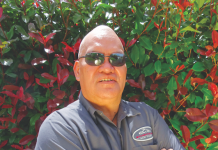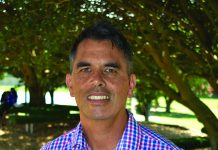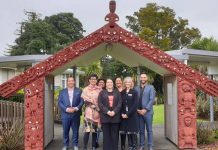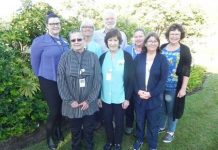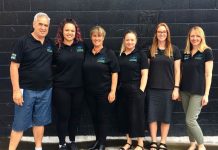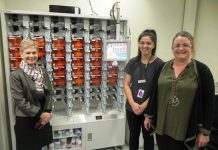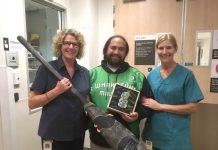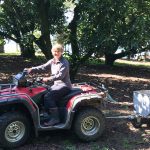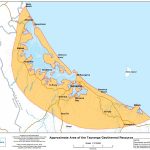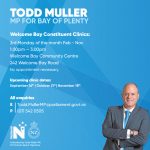For an unprecedented fourth time in six years the New Zealand recipient of a prestigious award has come from the Bay of Plenty District Health Board (BOPDHB).
BOPDHB Allied Health, Scientific and Technical Executive Director Martin Chadwick has just been announced as the 2019/20 Harkness Fellowship awardee.
“Being awarded the Harkness Fellowship is a huge honour and privilege,” said Martin. “This becomes more apparent when you look at past Fellows and what they have gone on to do. Putting yourself forward can only be achieved with organisational backing and support and the BOPDHB has done this wholeheartedly.
“It is indicative of the value our DHB places in this fellowship that it has provided multiple previous award winners. It’s quite extraordinary and reflects well on the DHB’s leadership.”
The Commonwealth Fund’s Harkness Fellowships in Healthcare Policy and Practice provide a unique opportunity for mid-career health services researchers and practitioners to spend up to 12 months in the United States, conducting original research and working with leading US health policy experts. Awardees come from Australia, Canada, France, Germany, the Netherlands, New Zealand, Norway, and the United Kingdom. Only one fellowship is awarded from New Zealand each year.
Martin’s study in the US will focus on effective transdisciplinary work within health systems.
“The US has a highly legislated and litigious healthcare environment, yet there are systems which nevertheless achieve effective transdisciplinary work,” he said. “What I want to learn is how this is achieved, and in turn, how I can bring that back to New Zealand.”
As well as Martin’s fellowship for 2019/2020, other BOPDHB recipients include Te Kaha GP Emily Gill in 2017/18, Chief Executive Helen Mason in 2014/15 and Physician Dr George Gray in 2013/14.
Emily Gill has recently returned from her Fellowship, where she looked at the role health information technology can play for those suffering chronic conditions, especially those living in rural areas.
“People who live in rural areas have poorer health than their urban counterparts, and for those with multiple, complex medical needs, this is compounded by the challenge of coordinating care across multiple providers and practice settings,” said Emily.
“To provide coordinated care, health information needs to be frequently transferred across settings such as primary care clinics, acute care hospitals, and community health services. That can prove challenging technologically and I wanted to explore the US experience of this, especially for those working with rural patients.”
Emily said her time in the US had proved invaluable and she looked forward to using what she had learned in her work in the Eastern Bay of Plenty.














